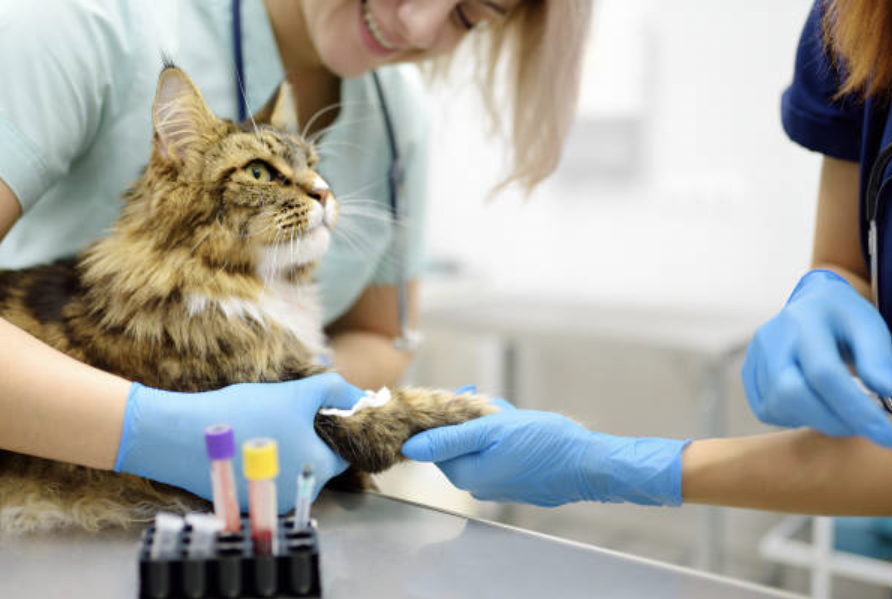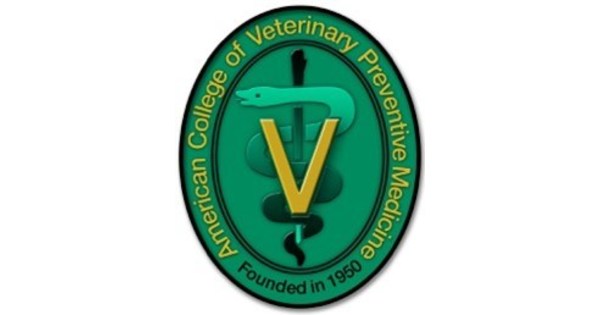The world of veterinary care is experiencing a remarkable transformation, driven by an increase in pet ownership, longer pet lifespans, and heightened expectations for pet healthcare that parallels human standards. This surge in demand is reshaping the landscape of veterinary medicine, pushing the focus from merely treating illnesses to actively preventing them.
To meet these evolving needs, groundbreaking innovations in diagnostic technology are playing a crucial role. These advancements are not only enhancing the ability to predict, prevent, diagnose, and treat animal illnesses but are also providing crucial support to veterinary professionals, helping them manage their workload more effectively and improve the quality of care they offer.
A standout innovation in this field is the introduction of the Vetscan OptiCell, a pioneering diagnostic tool developed by Zoetis. This compact, cartridge-based, AI-powered point-of-care analyzer represents a significant leap forward in in-clinic hematology. I had the opportunity to discuss this exciting new technology with Abhay Nayak, President of Global Diagnostics at Zoetis, and Dr. Richard Goldstein, Global Chief Medical Officer at Zoetis.
Abhay Nayak shared his enthusiasm about the impact of Vetscan OptiCell on veterinary practices. “This device is set to revolutionize in-clinic hematology,” he explained. “Its compact design significantly reduces space requirements and simplifies the workflow, which is a game changer for busy veterinary clinics.”
Dr. Richard Goldstein elaborated on the technical innovations that make Vetscan OptiCell a revolutionary tool. “The device utilizes a unique method called ‘viscoelastic focusing’ to align blood cells for analysis,” he said. “This allows for extremely accurate blood counts by taking thousands of images and analyzing hundreds of thousands of cells without the need for traditional sorting parameters.”
One of the most significant advantages of the Vetscan OptiCell is its maintenance-free operation. “Veterinary practices can say goodbye to the tedious and time-consuming maintenance that traditional hematology machines require,” Dr. Goldstein added. “No more changing fluid packs, running blanks, or calibration. This ease of use will transform how hematology is performed in clinics, especially improving the accuracy of tests for challenging samples like cat blood.”
The introduction of Vetscan OptiCell is part of Zoetis’s broader strategy to innovate and drive meaningful change in veterinary practices, focusing on customer-centric solutions. “Last year, we introduced the concept of the Virtual Lab, and before that, we launched Vetscan Imagyst®,” Nayak noted. “Vetscan OptiCell continues this transformative journey, building on our commitment to enhancing veterinary care through advanced technology.”
As veterinary medicine continues to evolve, tools like Vetscan OptiCell are setting new standards in care, enabling veterinarians to meet the growing demands of pet owners and ensure that our beloved animals receive the best possible healthcare.



